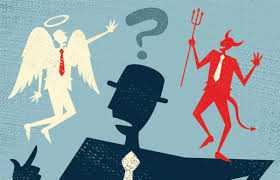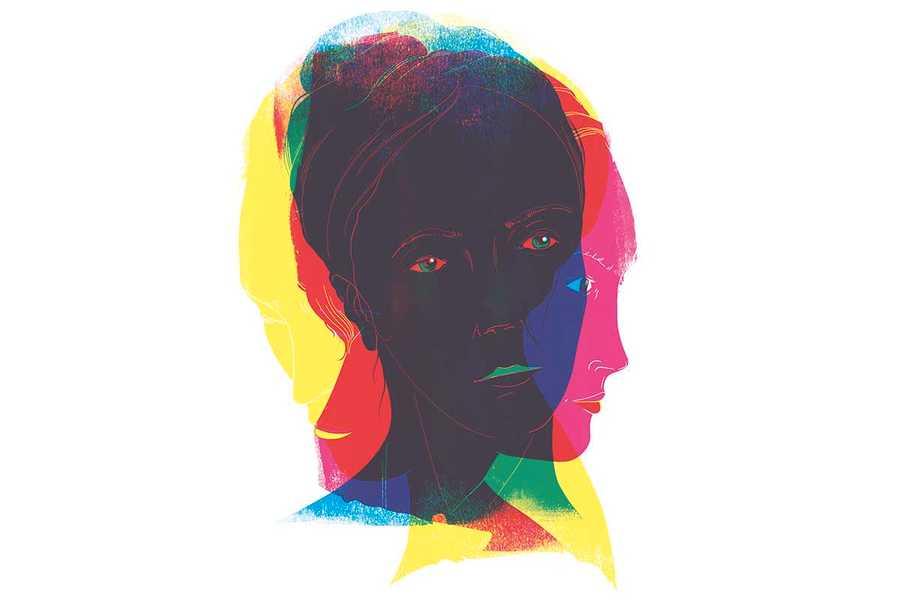True self as a cognitive bias
A belief in the morally good self is a powerful idea that can help a person to keep trying. But it can also fuel an existential crisis if your life doesn't match up to your "true self."
The idea of a true self deep down can mean there is a real you to be found - that there are happiness and fulfilment in doing it. However, it's good to be aware of the bias of a morally true self.
22
161 reads
CURATED FROM
IDEAS CURATED BY
The idea is part of this collection:
Learn more about personaldevelopment with this collection
How to manage anxiety and self-doubt
Strategies for setting realistic goals
The importance of self-compassion and self-care
Related collections
Similar ideas to True self as a cognitive bias
Pros And Cons Of The Bias
A belief in the morally good self can give a person hope to keep trying in poor circumstances.
Alternatively, it could be fuel for a kind of existential crisis if your life doesn’t match up to your “true self.”
More pressure to "be yourself" or "find yourself" can add to that stress—...
The Morally Good Bias
A study found that when subjects were asked to think about criminal offenders, people were more willing to say that a person’s true self is morally bad.
The more people think that a person’s true self is morally bad, the more they support retributive punishment. The idea that the true self...
What Is The True Self?
The true self is what people believe is their essence. It's the core of what makes you you; if it was taken away, you would no longer be you anymore. People believe that their true self is the parts of them that are
Read & Learn
20x Faster
without
deepstash
with
deepstash
with
deepstash
Personalized microlearning
—
100+ Learning Journeys
—
Access to 200,000+ ideas
—
Access to the mobile app
—
Unlimited idea saving
—
—
Unlimited history
—
—
Unlimited listening to ideas
—
—
Downloading & offline access
—
—
Supercharge your mind with one idea per day
Enter your email and spend 1 minute every day to learn something new.
I agree to receive email updates

